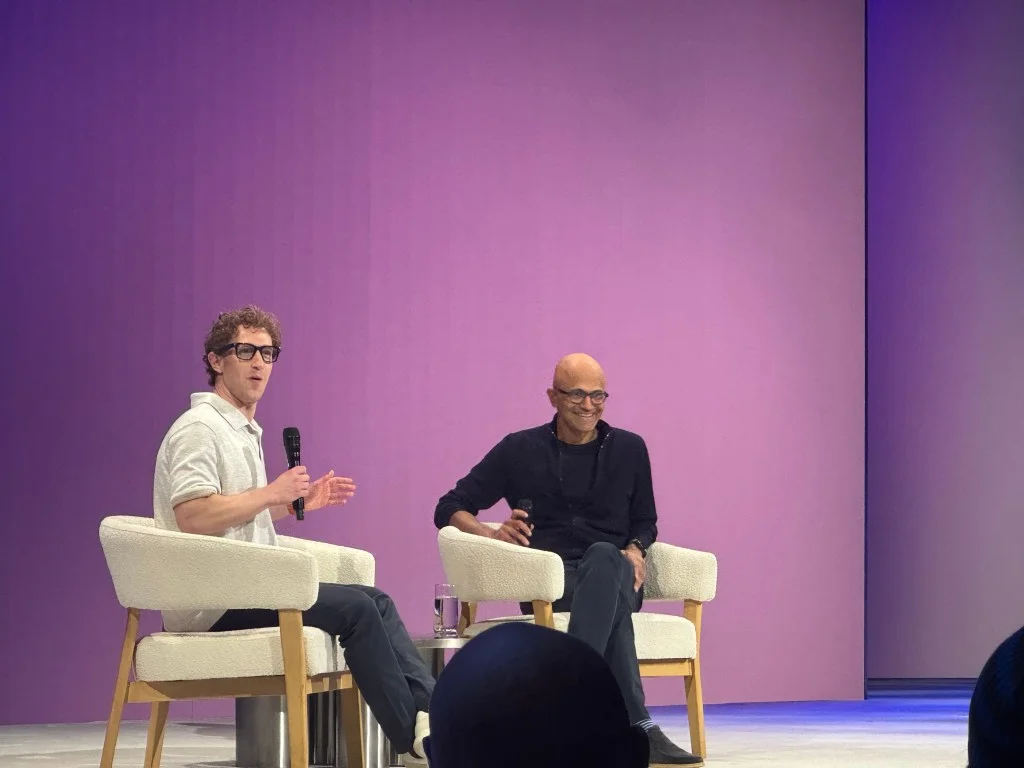
AI Codewriting Revolution: Microsoft and Meta CEOs Reveal Surprising Statistics
The rise of AI-powered code generation is rapidly transforming the software development landscape. In a recent surprising revelation, Microsoft CEO Satya Nadella stated that up to 30% of Microsoft's code is now written by AI. This announcement, made during a fireside chat with Meta CEO Mark Zuckerberg at Meta's LlamaCon conference, highlights the increasing role of artificial intelligence in coding.
Nadella's figure emphasizes the substantial progress AI has made in generating code, although he noted that the results vary across different programming languages, with Python seeing more success than C++. This revelation comes on the heels of Microsoft CTO Kevin Scott's prediction that 95% of all code could be AI-generated by 2030, a bold vision of the future of software development.

Zuckerberg, when asked how much of Meta's code is being generated by AI, did not provide a specific number but indicated that Meta is aggressively pursuing AI-driven code generation. He predicted that within the next year, potentially half of Meta's development could be driven by AI, a number expected to increase further in the future. "Our bet is sort of that in the next year probably … maybe half the development is going to be done by AI, as opposed to people, and then that will just kind of increase from there," Zuckerberg stated.
These figures aren't isolated. Google CEO Sundar Pichai has previously mentioned that AI is responsible for generating over 30% of Google's code. This suggests a broader trend across major tech companies adopting AI to enhance or even automate software development processes.
The shift towards AI-generated code is not just about speed and efficiency. It also has implications for the role of software engineers. As Zuckerberg noted, engineers will likely transition into more of a “tech lead” position, managing and directing AI agents rather than writing code line by line. He predicted "every engineer is effectively gonna end up being more of like a tech lead" where they each have "their own little army of agents that they work with."
While these numbers should be taken with a grain of salt, due to varying measurement methods, the broader trend is clear: AI is poised to play an increasingly significant role in software development. The dream of AI generating code promises to boost software production, leading to more advanced and innovative applications.
What does this mean for the future of coding and the role of human developers? Will AI completely replace human programmers, or will it primarily augment their capabilities? Share your thoughts in the comments below.